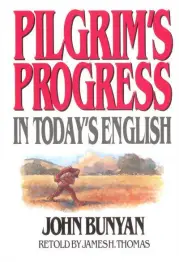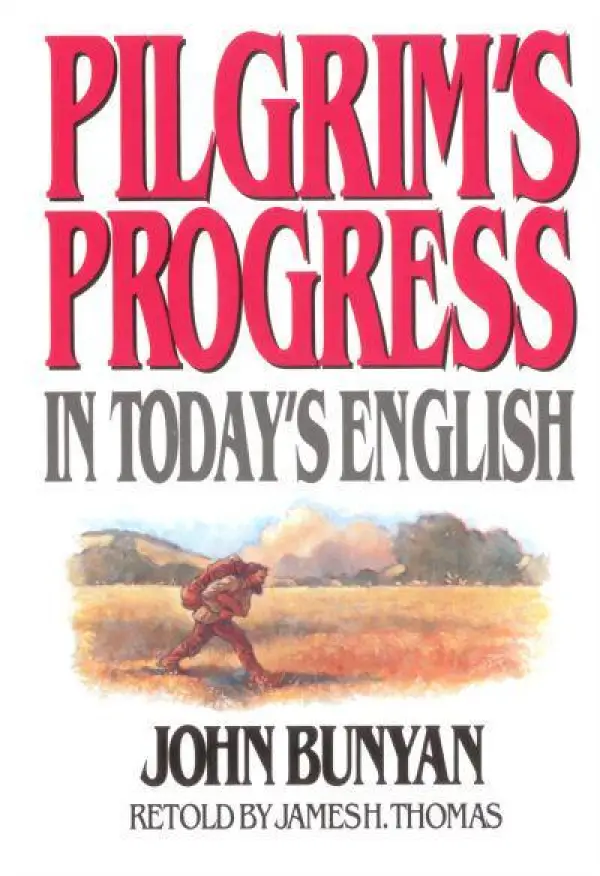The best allegory ever written is rewritten in modern English, making it clearer and more forceful to the modern reader.
With more than 100,000 in print, this retelling by James H. Thomas followsChristian as he leaves his home in the City of Destruction and begins a long journey to the Celestial City. His adventure is full of encounters with interesting people, such as Faithful, Hopeful, and Ignorance. Traveling through places such as Vanity Fair and the Valley of the Shadow of Death, he reaches his heavenly home but learns rich lessons during the journey. The story has immediate application to everyday life.
Later on, Christian's wife, Christiana, decides to join her husband in the Celestial City. As she travels, Christiana comes upon a different set of people, such as Greatheart, Mercy, and Honesty. Her story illustrates how Christians follow different paths but with the same destination: eternity with Jesus.
-
Title
Pilgrim's Progress In Today's English
-
Author(s)
-
ISBN
9780802465207
-
Format
Paperback
-
Publisher
Moody
-
Topic
Spiritual Warfare
-
Audience
Adults
-
Pages
256
-
Published
01/06/1971



